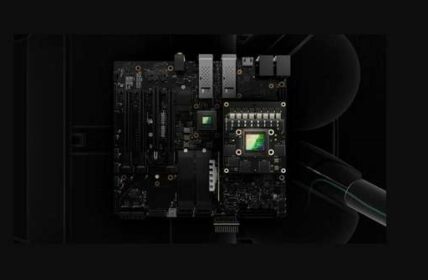A study by ABI Research came to the conclusion, which may come as a surprise to many market participants, that 5G could still be a long way from replacing the 4Gstandard for IoT connectivity that has prevailed to date.
Table of Contents: What awaits you in this article
5G: A lot of hot air for not much?
Despite all the enthusiastic talk, 5G is still a long way from where one would actually expect a standard for industrial IoT applications (IIoT) to be. After all, more than a few experts and their numerous mouthpieces in politics, business and the media had promised wholeheartedly completely new worlds.
2G and 3G shutdown not a turning point
At the latest with the successive shutdown of the old 2G and 3G networks, a completely new era of networking would begin with 5G, which is already waiting for it, according to the conviction of the majority. More data volumes at breathtaking speeds should revolutionize all applications virtually overnight. Completely new economic opportunities would open up for everyone. Relatively little has happened since then.
ABI Research: Facts against the Hype
ABI analyzed 1037 IoT applications from 52 module developers for its research. It found that about 60 percent of cellular modules still use 4G standards, even with increased demand for high bandwidth. In addition, Low Power Wide Range (LpWA) secured another 20 percent in the catalogs. Here, NB-IoT and LTE-M in particular positioned themselves in the top ranks.
5G far behind
Despite its market entry some time ago, 5G has not yet managed to establish itself across the board. In the IIoT sector, for example, it only has a meager 4.34 percent compared to 4G, which dominates the market. This is also reflected in the penetration rate. For example, only 45 module models in catalogs have 5G connectivity. Beyond the automotive industry, no significant applications of the technology can be identified yet. One reason for this is probably the predefined structure of 5G, which is aimed more at solutions for private users than at commercial concerns.
Still hope for 5G
However, the study authors assume that the situation could improve in the foreseeable future. Even if 4G will remain the defining moment in industrial connectivity solutions for a long time to come. It can be assumed that developers will offer more 5G and LpWA modules. However, it could well be that the latter technology could overtake the former if its lame readiness for introduction does not change quickly. China is already providing the first indications of this with its growing LpWA sales.














